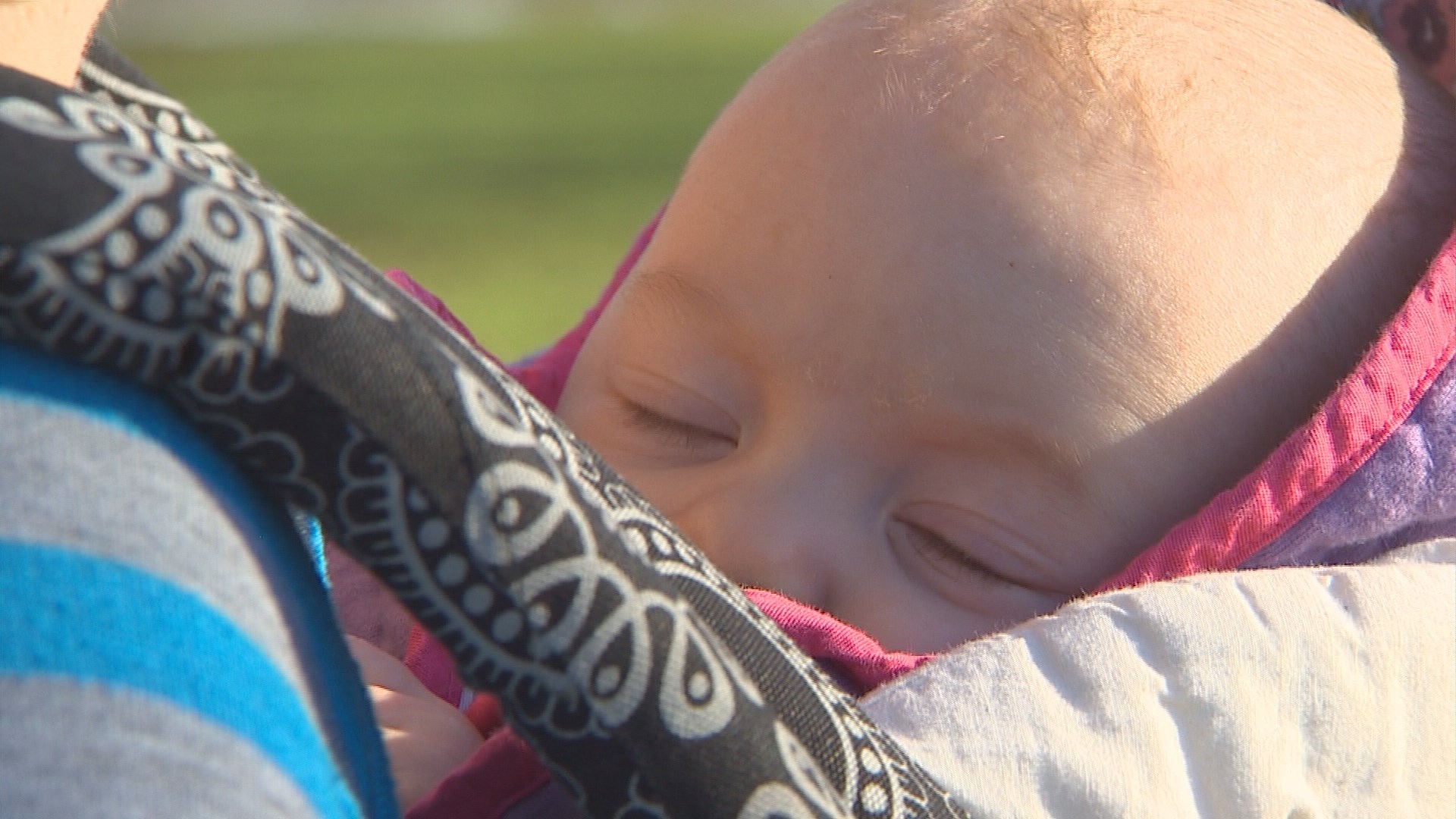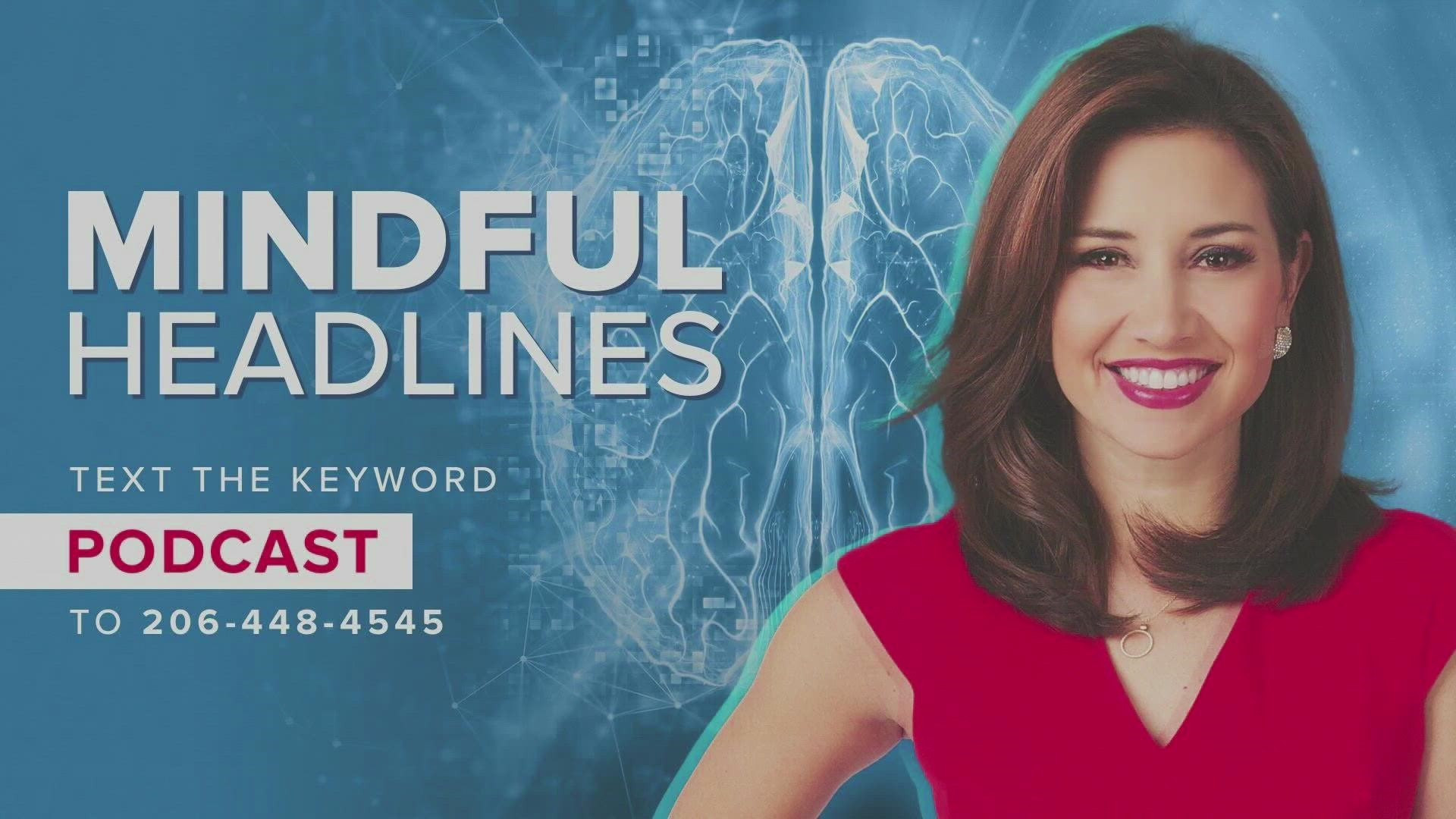SEATTLE -- On a sunny January afternoon in Seattle, the walking path around Green Lake Park is jammed with babies in strollers.
But for new mothers, the sunny vision can quickly be overwhelmed by the dark realities of endless feedings and diaper changes.
"The sleep deprivation really can make it hard to regulate your emotions," said Julianna Hillard, who is carrying her two-month-old daughter in a backpack while she pushes her three-year-old son in a stroller.
Even women who find motherhood a walk in the park with one can struggle when siblings arrive.
"I would say I got a little bit of the baby blues the second time around, I got tearful and would cry kind of out of the blue," said Nicole Leyster, who is juggling a 3 year old and a restless 3 month old who's on a feeding tube and will need surgery soon.
The so called "Baby Blues" can evolve into postpartum depression for as many as one out of every five moms. And mothers of multiples are at even higher risk.
"One of the triggers of postpartum anxiety and depression is probably the hormone changes after birth, and with multiples that's going to be a bigger drop," said Dr. Catherine Davies, a psychiatrist who specializes in reproductive mental health at the Lytle Center, run by the Swedish Medical Group. At the Lytle Center, women can buy the latest baby products, get advice on breast feeding, rent breast pumps, attend support classes, and connect with doctors and social workers for medical screenings and treatment.
"The number one risk factor for postpartum depression and anxiety is actually symptoms during pregnancy, which is why we try to get people in during pregnancy to talk through the risk factors, to talk through the support," said Dr. Davies.
The Lytle Center is open to anyone seeking help even if they did not have a baby at Swedish.
Triggers for postpartum depression include disharmony at home, problems with breastfeeding and a family history of anxiety and depression. Davies said it's important to seek treatment because postpartum depression is bad not just for mom but also for baby, because it can interfere with healthy bonding.
Symptoms of postpartum depression include mood swings, uncontrolled anxiety, dread, crying spells, panic attacks, feeling guilty, insomnia or low appetite, thoughts of hurting self or baby, excessive fear for baby's health and safety and withdrawing from family and friends.
Resource links:


![postpartum depression [ID=22385905]](http://www.gannett-cdn.com/-mm-/33d97f8a03d5ea06baca0f7a30eca34c8bd87643/r=500x281/local/-/media/2015/01/26/NWGroup/KING/635579112811131779-postpartumdepression.JPG)
